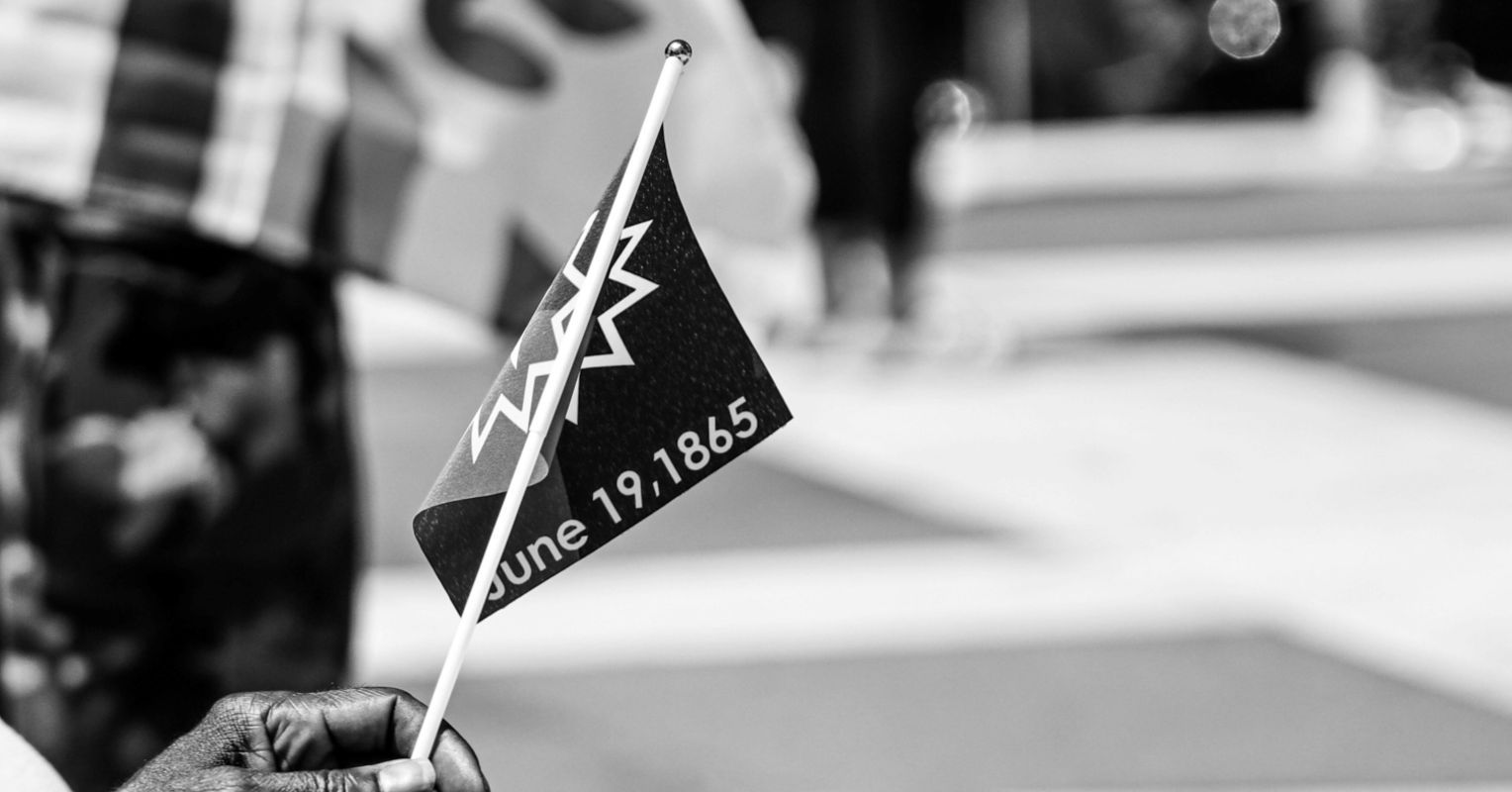The secret work to celebrate the identities

This month, the Americans were honoring the month of pride and strong celebrations aimed at honoring history, SteadfastnessAnd the contributions of marginalized societies. These moments are important. It brings vision and society, and offers progress.
But for many people in the midst of these celebrations, another aspect is less clear, but real. In addition to marches, paintings and other moments of thinking, there is a large mental and emotional load that is quietly implemented from education to acting, often without being asked.
This is it Invisible work From the celebration identity.
Identity, vision and emotional pregnancy
IDs are layers, complex and constantly develop. It includes the internal methods that we see ourselves and the external methods that the world responds to. In an article in Administration Academy reviewScientists point out that identities have become a central concept that describes the behavior of the individual. For those whose identities are often misunderstood, they can be overlooked or overlooked or festive times, such as pride and nationalities, they can bring unannounced expectations: representing an entire society, educating others, and appearing proudly even when they are exhausted.
This post explores four ways in which invisible work appears during the celebration of identity and what we all can do to make these moments feel like a burden and more like real celebration.
1. Acting burden
Marginalized individuals often feel pressure to represent their entire society. Whether speaking on paintings, participating in events or educating others, expecting to be a speaker can be exhausted. This acting burden can lead to a distinctive symbol, as individuals are more appreciated for their experience or their uniqueness.
What helps: recognize a unique person’s story instead of assuming that they are talking to everyone. Avoid using generalizations (“all people”, “everyone”), and ask curiously and carefully, not expectation.
2. Emotional work and education
Many people from marginalized groups are expected to educate others about their history, conflicts, and live experiences, especially during the celebration times. This work is often underestimated, unrecognized, and emotionally exhausted.
During June, an explanation racismHomosexual phobia, or transvers According to scientists in an article in American Educational Research Association (AIRA) Open Magazine, this type of Emotional workEspecially when it is linked to identity and the responsibilities of the workplace, it can lead to frustration and recovery, ExhaustionAnd even depression. For example, marginalized background leaders are expected to act as two varied experts because of their identities, and they are often asked to restore the character Shock To educate others.
What helps: Do not rely on the same people to do all the teaching. Share work. Do some of your own research. And when someone offers his story or experience, I thank them.
3. Marketing the performance ally
From Merch under the title to rainbow slogans, the vision of corporate ally has increased in recent years. While this can indicate progress, according to their researchers in their article Sports management reviewYou can also feel a hollow when it does not correspond to real support, comprehensive policies or continuous procedures. When using identity for profit without meaning, many feel exploited instead of celebrating it.
What helps: driving with authenticity. Ask: Do we support the marginalized employees throughout the year? Is this campaign rooted at work, not just optics? The vision should be held accountable.
4. Mobility in dual facts
Celebration times can be emotionally complex. Joy and sadness Often he coexists. The American person of African origin at the Juntenth event might be sad for recent racist violence. The strange person in the Brid processor may still feel safe at work or at home. It can create this duality Cognitive dissonance Emotional fatigue. Although increased visibility during the month of June is necessary, it is also important to identify the mental pregnancy that accompanies this vision.
What helps: Let’s not assume that everyone wants to participate. Let people put borderOr cancel the subscription or determine the priorities of comfort. The celebration should be an invitation, not expectation.
Moving from celebration to care
To reduce the hidden emotional and mental burden often during the celebration times, here are some ways to start:
- Sharing responsibility. You never expect the marginalized people to carry the weight of the organization, education or speaking on their own.
- The practice of authentic inclusion. Once people invite to enter, their voices amplified and recognize their efforts.
- Honoring borders and comfort. People’s hero to help protect their energy and well -being.
- He committed throughout the year. Support should extend beyond the specified months with a constant commitment.
- Investing in mental health. Reaching culturally specialized resources individuals and teams can help address the complex feelings that arise during these times.
Celebrity times like PRIDE and Juntenth are a strong reminder of the extent to which we reach the amount of work. But they do not have to be heavy to be meaningful. Let’s listen more. Assume less. And make space for people to be complete and complex, not only during these months, but every day.













Post Comment